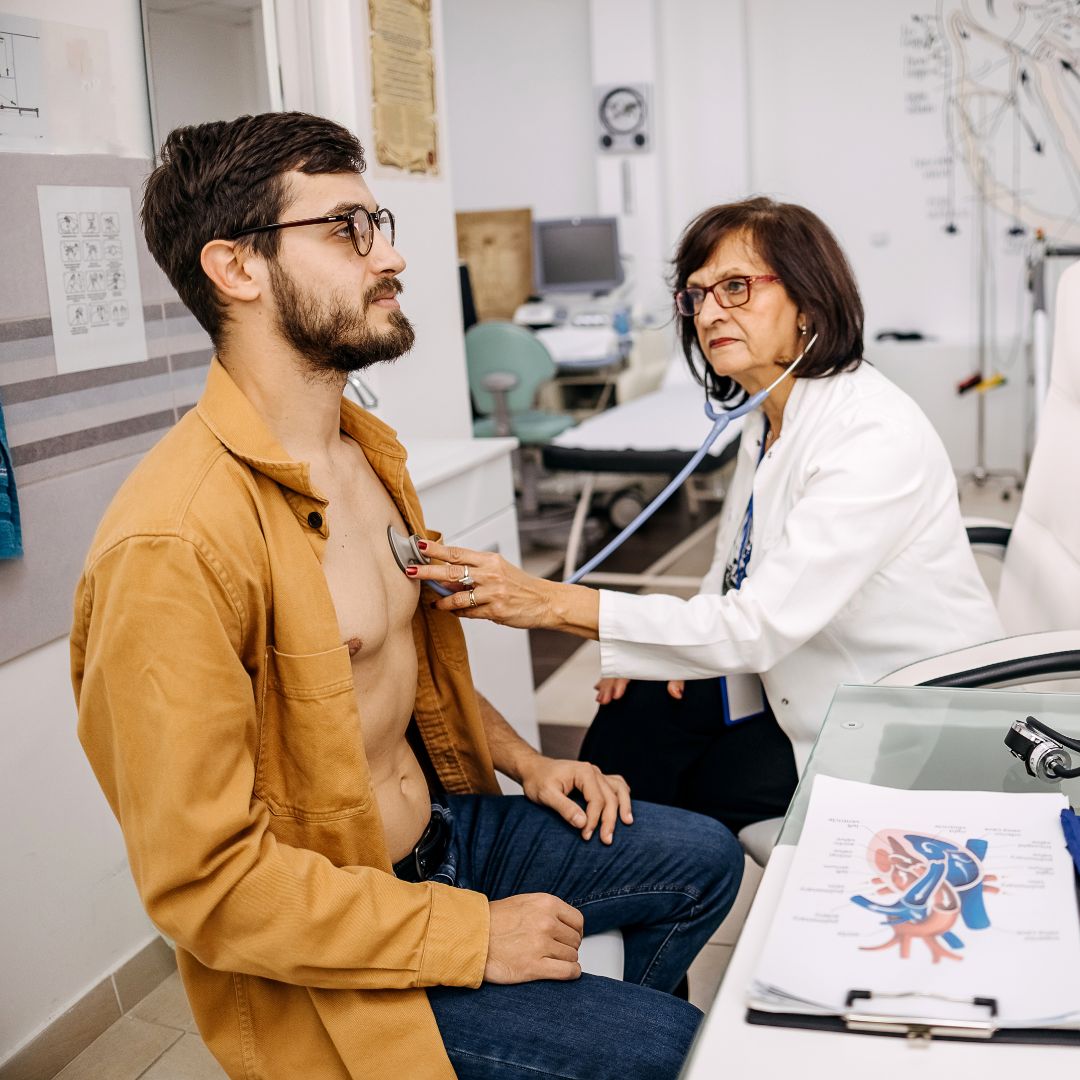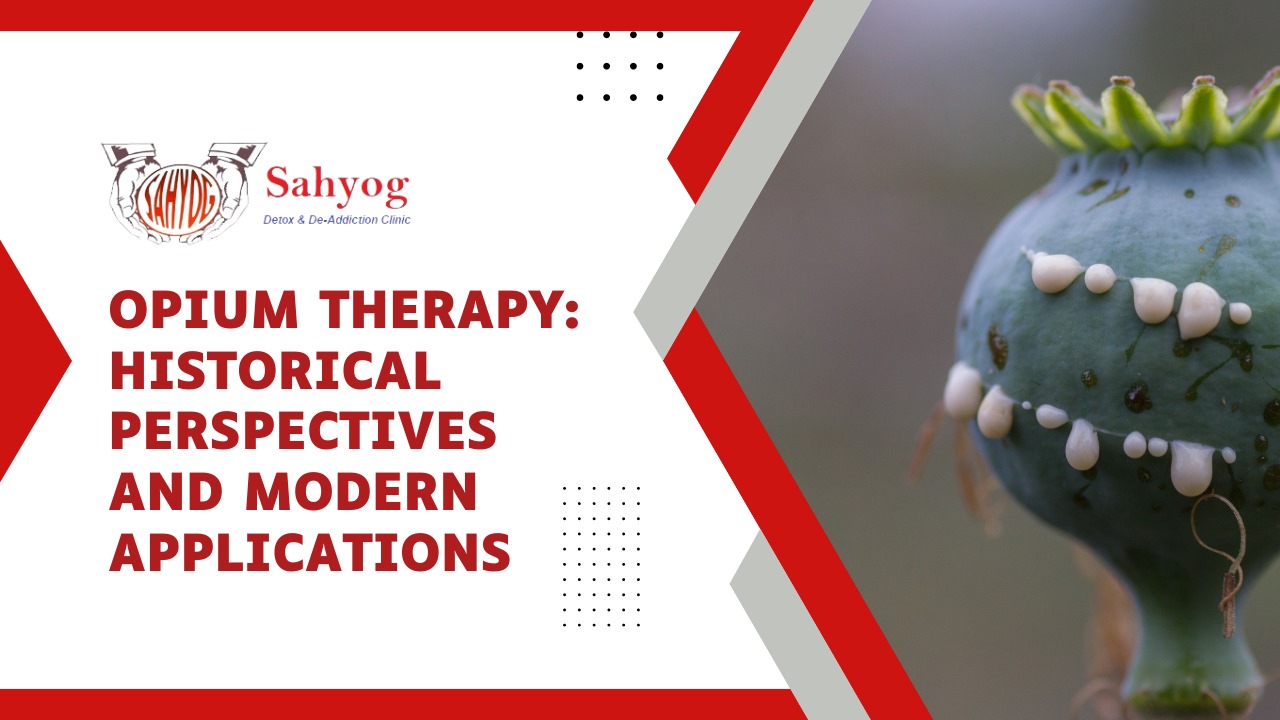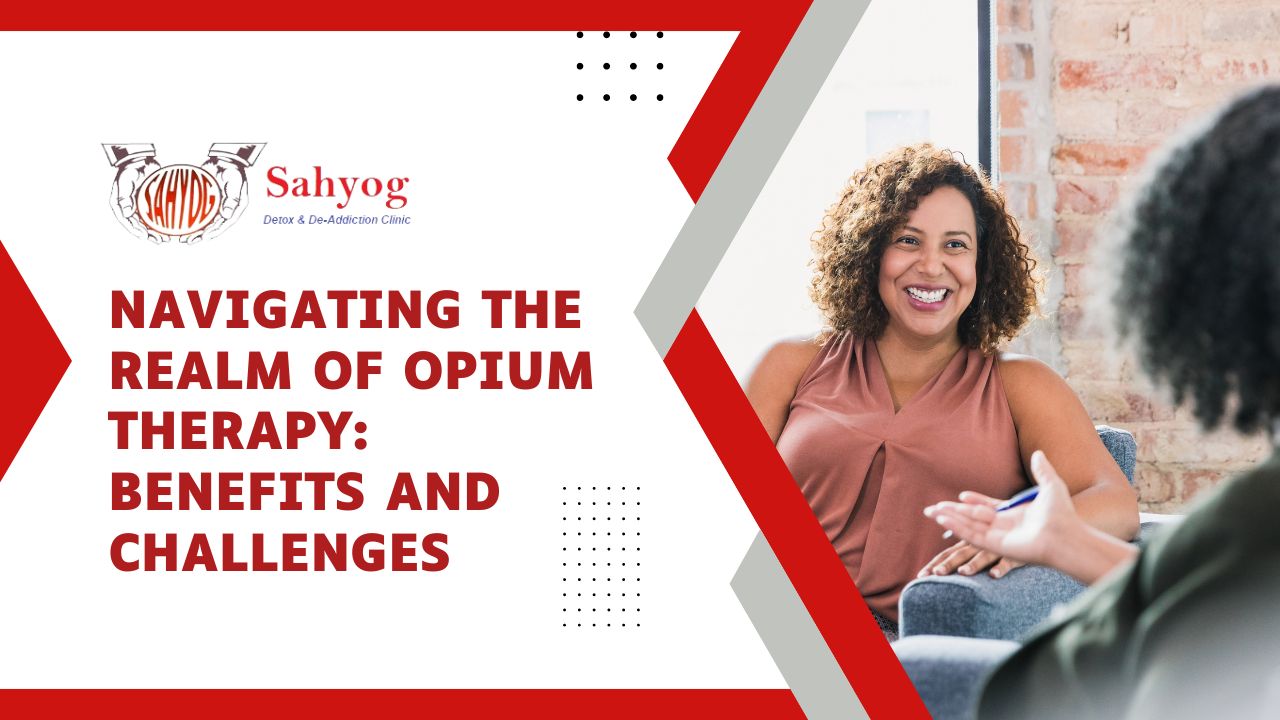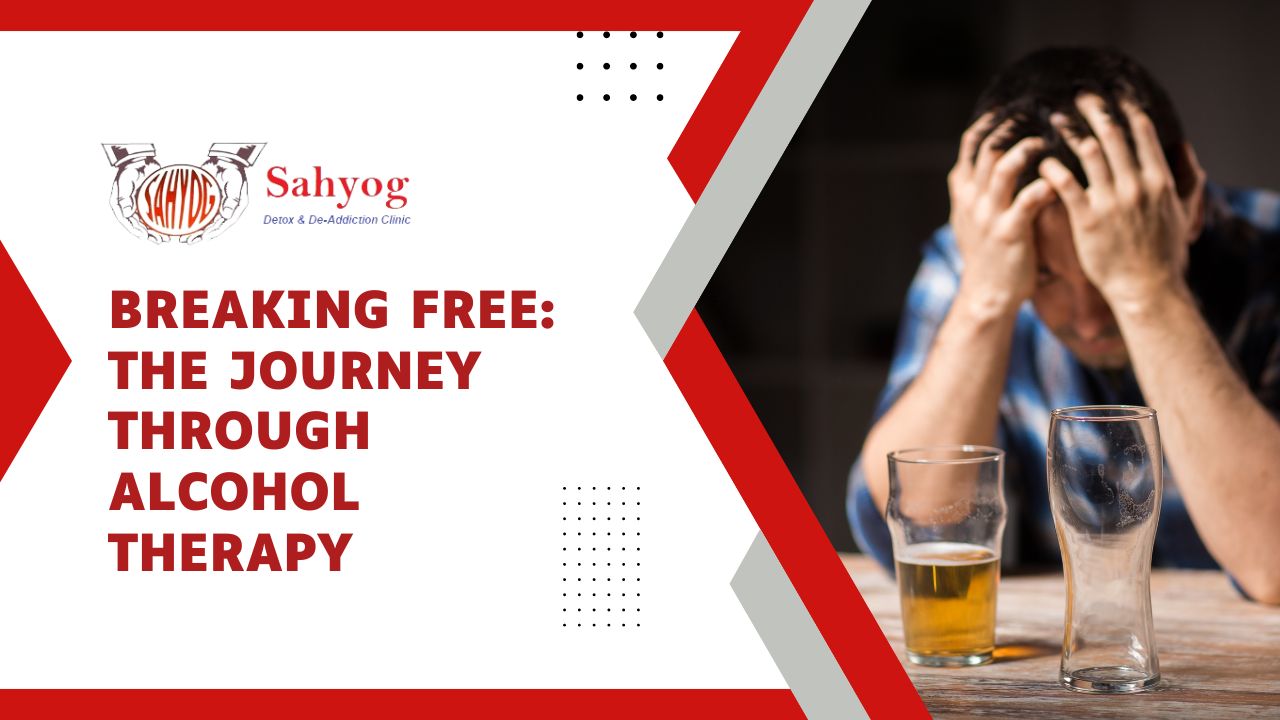
Personalized counselling for overcoming and managing substance abuse.
Welcome to Sahyog Clinic
Welcome to Sahyog Clinic for Substance Abuse Counselling
Welcome to Sahyog Clinic for Substance Abuse Counseling. Our dedicated team provides comprehensive support for individuals dealing with substance addiction, including drug, alcohol, and behavioral issues. We offer a compassionate and judgment-free environment to help you navigate the complexities of addiction recovery.
Our approach integrates personalized counseling, crisis management, and long-term support. We aim to build a strong therapeutic alliance, empowering you with the tools and motivation needed for a successful recovery.
- Compassionate Support
- Tailored Counseling Services
- Holistic Recovery Approach
- Empowerment Through Therapy


Understanding Your Behaviour
Are you Really Suffering from Substance Addiction?
Are you struggling with substance abuse and feeling overwhelmed by the cravings and negative impacts on your life? Recognizing the need for help is the first step towards recovery. At Sahyog Clinic, we offer personalized substance abuse counseling designed to address your unique challenges.
Our experienced counselors work with you to understand your situation, provide support through every stage of recovery, and help you reclaim control over your life.
Health Impacts
Signs and Symptoms
- Persistent cravings or urges to use substances despite adverse consequences.
- Deceptive behaviors to obtain substances or conceal usage.
- Noticeable weight fluctuations due to changes in appetite and metabolism.
- Mood swings, irritability, or depression when not using substances.
- Cognitive impairments including memory problems and difficulty focusing.
- Neglect of personal hygiene and disinterest in activities once enjoyed.
- Increased secrecy, withdrawal from loved ones, and strained relationships.
- Financial issues or sudden requests for money without explanation.

Comprehensive Care
Treatment Options for Substance Abuse Counseling
Effective substance abuse counseling involves a multifaceted approach tailored to individual needs. This may include one-on-one therapy, group counseling, and family support. Our holistic approach integrates motivational interviewing and behavioral therapies to address the root causes of addiction. We work closely with you to develop a personalized recovery plan that supports your journey to sobriety.

Why Choose Sahyog
Why Choose Sahyog Clinic for Substance Abuse Counseling?
Choosing Sahyog Clinic means opting for specialized, compassionate substance abuse counseling. Our expert team provides personalized care in a supportive environment, addressing both psychological and social aspects of addiction, with a proven track record of successful outcomes.
Expert Counseling
Highly qualified counselors with extensive training in substance abuse and addiction treatment for optimal recovery.
Customized Support
Tailored counseling sessions designed to address the unique needs and personal challenges of each individual.
Comprehensive Approach
Integration of various therapeutic methods and evidence-based practices to cover all aspects of addiction and recovery.
Empathetic Care
Compassionate professionals who genuinely understand and support each patient’s emotional and mental health needs.
Effective Strategies
Proven techniques and strategies to boost motivation, prevent relapse, and ensure long-term sobriety.
Holistic Support
Assistance with both psychological and emotional challenges, providing a well-rounded approach to recovery.
Ongoing Guidance
Continuous support and regular follow-up to maintain progress and address any emerging issues or concerns.
Safe Environment
A secure and nurturing setting where patients feel comfortable and supported throughout their counseling journey.
Family Involvement
Engaging family members in the recovery process to strengthen support networks and enhance treatment outcomes.
Positive Outcomes
A track record of successful recoveries and positive feedback from patients who have benefited from our counseling services.
Book With Us Now
Get an Appointment

Common Queries
Frequently Asked Questions (FAQs)
Substance abuse counseling provides professional support and guidance to individuals struggling with addiction to drugs, alcohol, or other substances. It involves therapy sessions designed to help patients understand their addiction, develop coping strategies, and work towards recovery.
Counseling helps by offering a safe space to explore the underlying causes of addiction, develop coping skills, and create a personalized recovery plan. It also provides emotional support, strategies for preventing relapse, and tools for managing triggers and cravings.
Substance abuse counseling may include cognitive-behavioral therapy (CBT), motivational interviewing, contingency management, family therapy, and support groups. These approaches address different aspects of addiction and help patients develop effective coping mechanisms.
The duration of counseling varies based on individual needs and the severity of addiction. It can range from a few weeks to several months or even longer. Regular assessments help determine the appropriate length of treatment.
Not necessarily. Substance abuse counseling can be conducted in various settings, including outpatient programs, residential treatment centers, or even through online platforms. The choice depends on your specific needs and the recommendations of your counselor.
If you are struggling with addiction and find it challenging to control substance use, counseling may be beneficial. It’s important to consult with a professional who can assess your situation and recommend an appropriate treatment plan.
Yes, counseling sessions are confidential. Counselors adhere to strict privacy guidelines to protect your personal information and ensure that details shared during sessions remain secure and private.
Yes, involving family members can be an important part of the recovery process. Family therapy can help address relationship issues, improve communication, and provide additional support for the individual in treatment.
During your first session, you will typically discuss your history, current challenges, and goals for treatment. The counselor will assess your needs and work with you to develop a personalized plan for recovery.
Staying motivated involves setting clear goals, celebrating progress, and actively participating in counseling sessions. Building a strong support network, practicing self-care, and maintaining open communication with your counselor can also help keep you motivated.
Our Video
Journey to Recovery: Insights and Stories
Testimonials
What Our Patients are Saying
“Ignissimos ducimus ui blandiitis praesentium voluptatum deleniti atqui corrupti quos dolores aet quas molestias excepturi, sint occaesatii gnissimos ducimus molestiae non recusandae itarue earum rerum tenetur a saiente delectus.”
Jonathan Andrew
Happy Customer“Dolorem ipsum dolor sit amet, consectetur adipiscing elit. Quisque fermentum metus id elit dictum, sit amet tincidunt dolor egestas. Duis hendrerit mauris eget nisi ultricies, nec dignissim dui bibendum. Vestibulum ante ipsum.”
Methew John
Happy Customer“Cupiditate non provident, similique sunt in culpa qui officia deserunt mollitia animi, id est laborum et dolorum fuga. Ut enim ad minima veniam, quis nostrum exercitationem ullam corporis suscipit laboriosam, nisi ut aliquid.”
John Weck
Happy Customer“Excepteur sint occaecat cupidatat non proident, sunt in culpa qui officia deserunt mollit anim id est laborum. Sed ut perspiciatis unde omnis iste natus error sit voluptatem accusantium doloremque laudantium totam rem aperiam,”
Sarina William
Happy Customer“Incididunt ut labore et dolore magna aliqua. Ut enim ad minim veniam, quis nostrud exercitation ullamco laboris nisi ut aliquip ex ea commodo consequat. Duis aute irure dolor in reprehenderit in voluptate velit esse cillum dolore eu fugiat nulla pariatur. ”
Mark Jack
Happy CustomerArticles & Tips
Latest News & Blogs

Opium Therapy: Historical Perspectives and Modern Applications
Introduction to Opium Therapy Welcome to a journey…
Read More
Navigating the Realm of Opium Therapy: Benefits and Challenges
Introduction to Opium Therapy Welcome to the intriguing…
Read More
Breaking Free: The Journey through Alcohol Therapy
Are you ready to break free from the…
Read MoreSubscribe To Our Newsletter
At Sahyog Clinic, we offer a holistic, integrative approach to addiction treatment…. Read More
About Us
Our Services
Contact Info
- +91 98993 12156
- drgautambhatia@gmail.com
- 202, Varun Farm, Gaushala Road, Satbari, Chhatarpur, New Delhi - 110074






